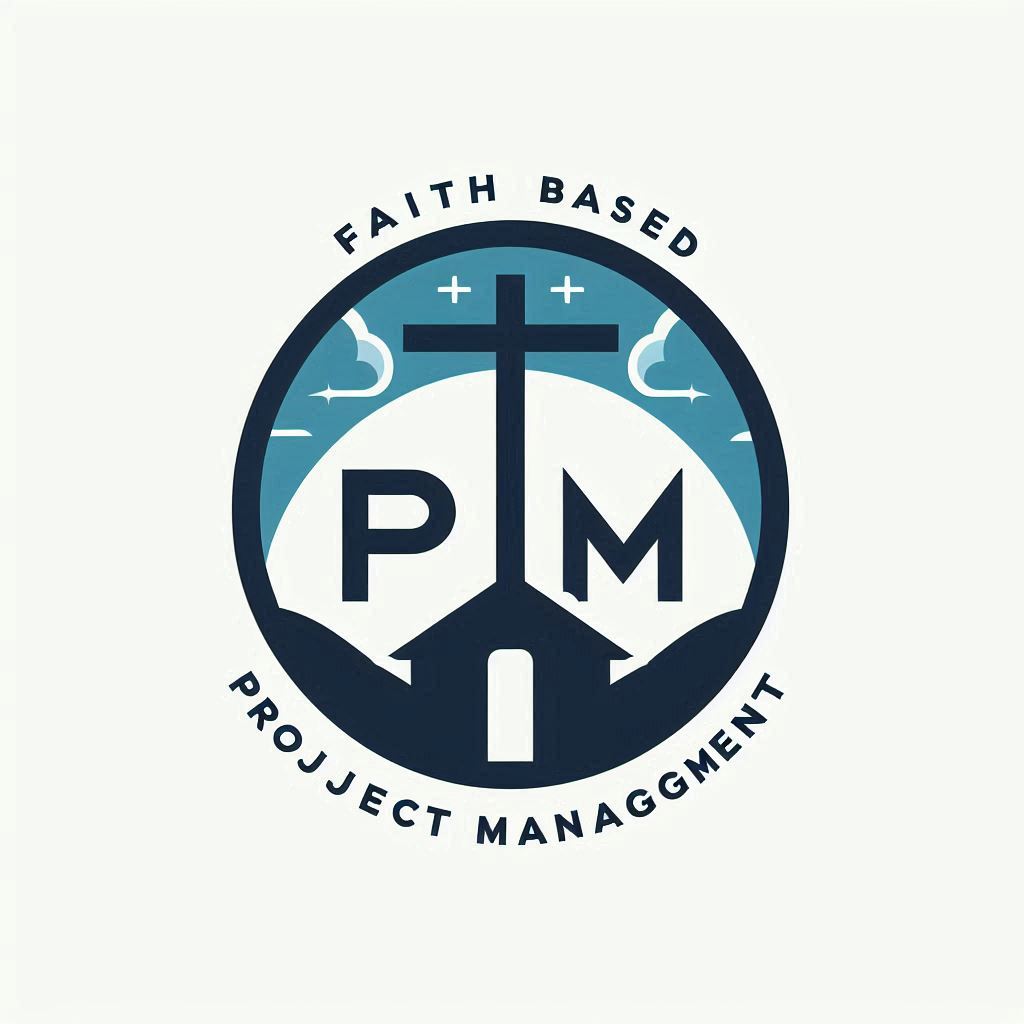Faith-based organizations have a unique way of operating that’s often deeply rooted in specific values derived from their spiritual beliefs. It’s really about harnessing those values to guide how they function in the world. These are more than just ideals; they’re the backbone of how these organizations approach their missions and goals.
Compassion stands out as one of the most significant values. At its core, it’s about empathy and genuine care for others. This isn’t just about feeling sympathy; it’s the driving force behind actively helping and making a positive impact on lives. In practice, it means really listening to the needs of the communities these organizations serve and responding in meaningful ways.
Justice is another vital value, reflecting a commitment to fairness and equality while confronting the tough realities of systemic injustices head-on. Organizations driven by faith aim to be champions of equity. It’s about more than offering immediate solutions – it’s tackling root causes to foster long-term change.
Dignity and respect are inseparable and foundational in recognizing the inherent worth of every person. This translates into development work by honoring the voices and choices of those served and ensuring every project dignifies human life.
Stewardship reflects a sense of responsibility over the resources and the environment. It’s about making wise, sustainable choices that honor the divine call to care for creation. This means organizations are increasingly focused on sustainable practices and responsible use of resources.
Service encapsulates the spirit of sacrifice, where the needs of others often take precedence over individual desires. Organizations based on faith see themselves as serving a greater good, willing to make sacrifices necessary to uplift communities. It’s about being committed to making a tangible difference.
Incorporating these values into project management isn’t just possible; it’s essential for authentically living out an organization’s faith-based mission. This means aligning every decision, partnership, and initiative with these core values to ensure consistency and integrity.
From Values to Principles: Bridging the Gap between Belief and Practice
Turning deeply held values into actionable business principles can often feel like a daunting task, but it’s crucial for any faith-based organization aiming to make a real impact. Being guided by abstract values like compassion and justice is one thing, but translating them into everyday decisions and operations requires deliberate effort.
Compassion influences decisions by prioritizing participatory needs assessments, ensuring community voices are at the heart of project planning. It’s about setting up processes where people feel heard, respected, and included in shaping their futures.
Incorporating justice into project frameworks pushes organizations to not only address symptoms of inequality but to tackle the causes. Advocacy becomes a natural outgrowth of this value, driving efforts to create systemic changes that result in lasting equity.
Upfront transparency and culturally sensitive design are key when integrating dignity into initiatives. It’s not only about honoring diverse cultures and traditions but ensuring all interactions uphold the respect and value of every stakeholder involved.
Stewardship encourages sustainable practices that accord with faith-led commitments to care for the earth. This principle calls for strategic resource management that balances immediate project needs with the long-term wellbeing of communities and the environment.
Service as a principle means fostering a culture of volunteerism and community ownership. By motivating others to commit to causes beyond themselves, organizations can promote a sense of shared responsibility and collective action.
These principles don’t just sit on a shelf. They lead to real, impactful action, making sure that faith-based values influence every aspect of organizational life. By thoughtfully embedding these principles, faith-driven entities can see their convictions come to life in meaningful and measurable ways.
Faith in Action: Implementing Values-Driven Development Initiatives
Implementing faith-based values isn’t just about intention—it’s about weaving those values into the very fabric of development initiatives. This requires clear strategies and practical steps to transform beliefs into tangible outcomes.
In many successful projects, faith-based values are the starting point for sustainable practices. Stewardship plays a key role here, prompting organizations to think long-term about resource management. It’s about making choices that honor the earth and ensure resources are used wisely and equitably.
Volunteerism is another area where service comes to life, fostering a culture where both individuals and communities feel empowered to contribute their time and efforts. Encouraging this kind of involvement creates strong community ties and promotes personal growth through service.
Cultivating community ownership is critical in faith-based projects. Empowering communities to take the lead ensures that initiatives aren’t just imposed from above but are driven by those they’re meant to benefit. This local leadership strengthens the community and enriches the project.
Evaluating projects through a values assessment lens offers a broader view of success than traditional metrics alone. Measuring how well a project has adhered to its core values provides a more holistic understanding of its impact and areas for improvement.
Incorporating these faith-driven elements into action ensures that every step, from planning to execution and evaluation, aligns with the organization’s mission. This approach brings faith-based values to life, ensuring they drive real, positive change in the world.
